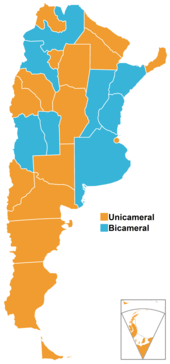Unicameralism
In government, unicameralism (Latin uni, one + camera, chamber) is the practice of having one legislative or parliamentary chamber. Thus, a unicameral parliament or unicameral legislature is a legislature which consists of one chamber or house.
| Legislature |
|---|
| Chambers |
| Parliament |
| Parliamentary procedure |
| Types |
| Legislatures by country |
Concept
Unicameral legislatures exist when there is no widely perceived need for multicameralism. Many multicameral legislatures were created to give separate voices to different sectors of society. Multiple chambers allowed for guaranteed representation of different social classes (as in the Parliament of the United Kingdom or the French States-General), ethnic or regional interests, or subunits of a federation. Where these factors are unimportant, in unitary states with limited regional autonomy, unicameralism often prevails. Sometimes, as in New Zealand and Denmark, this comes about through the abolition of one of the two chambers, or, as in Sweden, through the merger of the two chambers into a single one, while in others a second chamber has never existed.
The principal advantage of a unicameral system is more efficient lawmaking, as the legislative process is simpler and there is no possibility of deadlock. Proponents of unicameralism have also argued that it reduces costs, even if the number of legislators stay the same, since there are fewer institutions to maintain and support it. However bicameral legislatures offer the opportunity to debate and correct errors in either chamber in parallel, and in some cases to introduce legislation in either chamber. Bicameral legislatures often make provision for experts to participate in lawmaking without being professional politicians.
The main weakness of a unicameral system can be seen as the lack of restraint on the majority, particularly noticeable in parliamentary systems where the leaders of the parliamentary majority also dominate the executive. There is also the risk that important sectors of society may not be adequately represented.
List of unicameral legislatures
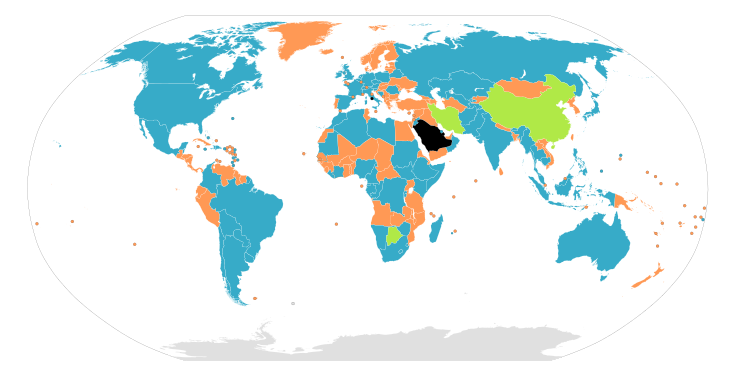
Approximately half of the world's sovereign states are currently unicameral. The People's Republic of China is somewhat in between, with a legislature and a formal advisory body. China has a Chinese People's Political Consultative Conference which meets alongside the National People's Congress, in many respects an advisory "upper house", so it is in reality neither bicameral nor fully unicameral.
Many subnational entities have unicameral legislatures. These include the state of Nebraska and territories of Guam and the Virgin Islands in the United States, the Chinese special administrative regions of Hong Kong and Macau, the Australian state of Queensland as well as the Northern Territory and the Australian Capital Territory, a majority of the provinces of Argentina, all of the provinces and territories in Canada, all of the German states, all of the regions of Italy, all of the Spanish autonomous communities, both the autonomous regions of Portugal, most of the states and union territories of India and all of the states of Brazil. In the United Kingdom, the devolved Scottish Parliament, the Senedd, the Northern Ireland Assembly and the London Assembly are also unicameral.
National
Federal
- Assembly of the Union of the

- Council of Representatives of

- Congress of

- National Assembly of
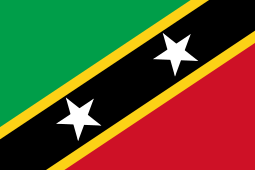
- Federal National Council of the

- National Assembly of

Unitary
- National Assembly of

- National Assembly of
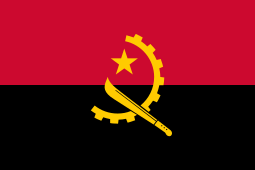
- National Assembly of

- National Assembly of

- Jatiyo Sangshad of

- National Assembly of

- National Assembly of

- Legislative Council of
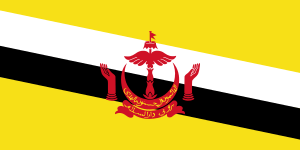
- National Assembly of

- National Assembly of

- National Assembly of

- National Assembly of the

- National Assembly of

- National People's Congress of the

- Parliament of the
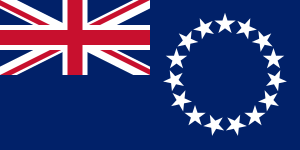
- Legislative Assembly of
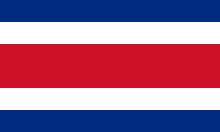
- Sabor of

- National Assembly of People's Power of

- Folketing of

- House of Assembly of
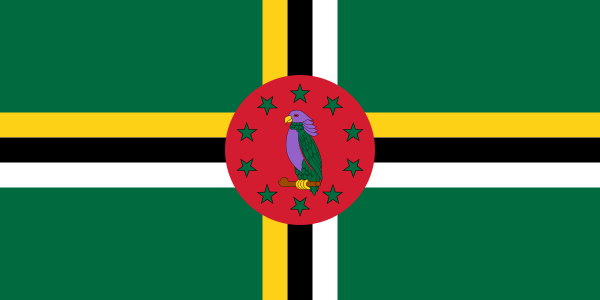
- National Assembly of

- National Parliament of

- National Assembly of

- House of Representatives of

- Legislative Assembly of
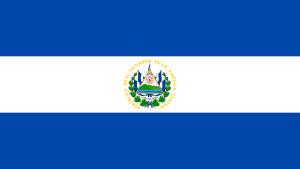
- National Assembly of

- Riigikogu of

- Parliament of

- Parliament of

- National Assembly of the
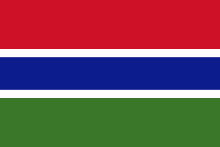
- Parliament of

- Parliament of

- Parliament of

- Congress of
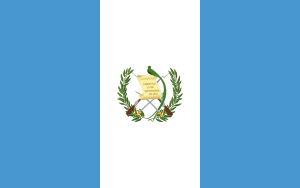
- National Assembly of

- National People's Assembly of

- National Assembly of
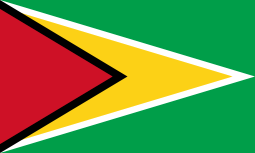
- National Congress of
.svg.png)
- National Assembly of

- Althing of

- Islamic Consultative Assembly of

- Knesset of

- House of Assembly of
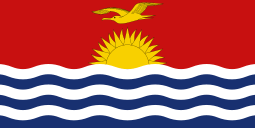
- Supreme People's Assembly of

- National Assembly of

- Assembly of

- National Assembly of

- Supreme Council of

- National Assembly of
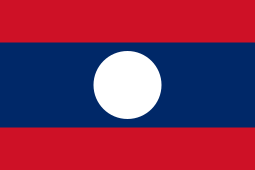
- Saeima of

- Parliament of

- House of Representatives of
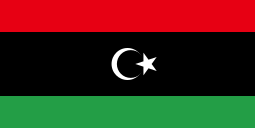
- Landtag of
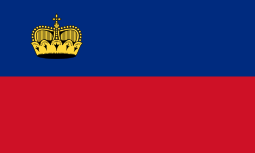
- Seimas of

- Chamber of Deputies of

- National Assembly of
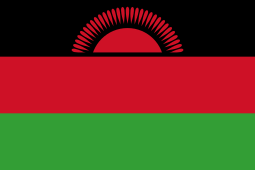
- Majlis of the

- National Assembly of

- Parliament of

- Legislature of the

- Parliament of
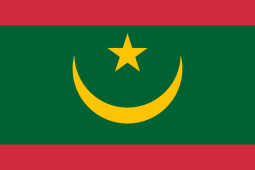
- National Assembly of

- Parliament of

- National Council of

- State Great Khural of

- Parliament of

- Assembly of the Republic of
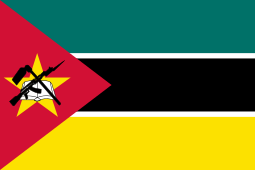
- Parliament of

- Parliament of

- National Assembly of

- National Assembly of

- Assembly of

- Assembly of
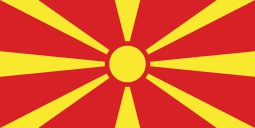
- Storting of

- Legislative Council of the

- National Assembly of

- National Parliament of

- Congress of the Republic of

- Assembly of the Republic of

- Consultative Assembly of

- House of Assembly of

- Legislative Assembly of

- Grand and General Council of
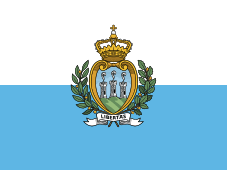
- National Assembly of
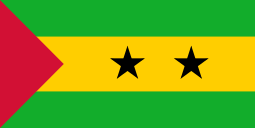
- Consultative Assembly of

- National Assembly of

- National Assembly of

- National Assembly of

- Parliament of

- Parliament of

- National Council of

- Parliament of

- National Assembly of
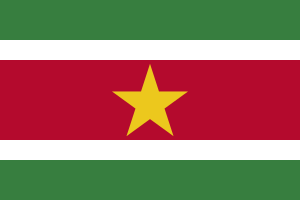
- Riksdag of

- Parliament of

- Legislative Yuan of the

- National Assembly of
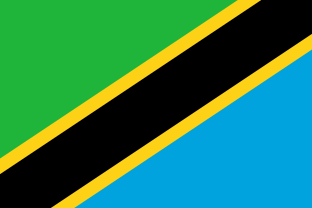
- National Assembly of
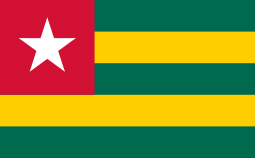
- Legislative Assembly of

- National Assembly of

- Grand National Assembly of

- Assembly of

- Parliament of

- Parliament of

- Verkhovna Rada of

- Parliament of
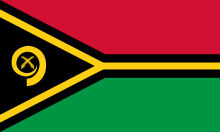
- Pontifical Commission for

- National Assembly of

- National Assembly of
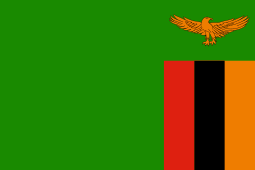
Territorial
- House of Assembly of the
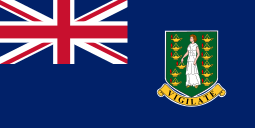
- Legislative Assembly of the

- Parliament of
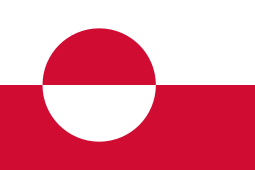
- The Løgting of the

- Parliament of

- Legislature of
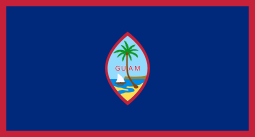
- Legislative Council of

- Legislative Assembly of

- Legislative Assembly of the

- Legislature of the

Subnational
Federations
- All legislatures and legislative councils of the regions and communities of
.svg.png)
- All legislative assemblies in all states of

- All legislative assemblies of the provinces and territories of
.svg.png)
- All Landtage of the states of

- All legislative assemblies of the states of

- All legislatures in all states of

- All legislatures of the provinces in

- All legislatures of the provinces and territories in

- The legislature of the state of
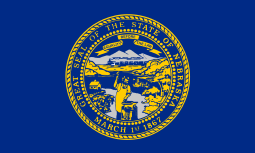

- Parliament of

.svg.png)
- Provincial legislatures of the provinces of

- Narodna skupština of

- 15 of the provinces of
















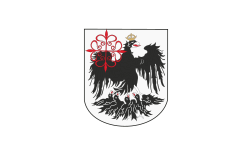
- 22 of the states of

Devolved governments

- Northern Ireland Assembly

.svg.png)
- Parliaments of the autonomous communities of

- All regional councils of

Other
- Local People's Congresses of all levels of provinces, regions and municipalities of the People's Republic of China
- National Council of the

- National Council of the

List of historical unicameral legislatures
National
- The First Protectorate Parliament and Second Protectorate Parliament of the Kingdom of England, regulated by the Instrument of Government (dissolved)
- Parliament of the Kingdom of Scotland until 1707 (dissolved)
- Congress of the Confederation was unicameral before being replaced in 1789 by the current, bicameral United States Congress.
- Congress of Deputies of Second Spanish Republic was unicameral between 1931 and 1936. Dissolved at the end of Spanish Civil War; the present Spanish Parliament (established in 1978) is bicameral.
- Supreme Assembly of Uzbekistan was unicameral before being replaced in 2005 by the current, bicameral Supreme Assembly.
- National Assembly of Cameroon was unicameral before being replaced in 2013 by the current, bicameral Parliament of Cameroon.
- Chamber of People's Representative of Equatorial Guinea was unicameral before being replaced in 2013 by the current, bicameral Parliament of Equatorial Guinea.
- National Assembly of Kenya was the country's unicameral legislature before becoming the lower house of the bicameral Parliament of Kenya in 2013.
- National Assembly of Ivory Coast was the country's unicameral legislature before becoming the lower house of the bicameral Parliament of Ivory Coast in 2016.
Subnational
- General Assembly of Georgia until 1789
- General Assembly of Pennsylvania until 1790
- General Assembly of Vermont until 1836
Unicameralism in the United States
Within U.S. states, Nebraska is currently the only state with a unicameral legislature; after a statewide vote, it changed from bicameral to unicameral in 1937.[1][2] A 2018 study found that efforts to adopt unicameralism in Ohio and Missouri failed due to rural opposition.[2] There was a fear in rural communities that unicameralism would diminish their influence in state government.[2]
Local government legislatures of counties, cities, or other political subdivisions within states are usually unicameral and have limited lawmaking powers compared to their state and federal counterparts.
Some of the 13 colonies which became independent, such has Pennsylvania, New Jersey and New Hampshire had initially introduced strong unicameral legislature and (relatively) less powerful governors with no veto power. Pennsylvania's constitution lasted only 14 years. In 1790, conservatives gained power in the state legislature, called a new constitutional convention, and rewrote the constitution. The new constitution substantially reduced universal male suffrage, gave the governor veto power and patronage appointment authority, and added an upper house with substantial wealth qualifications to the unicameral legislature. Thomas Paine called it a constitution unworthy of America.
In 1999, Governor Jesse Ventura proposed converting the Minnesota Legislature into a single unicameral chamber.[3] Although debated, the idea was never adopted.
Seven U.S. states, Arizona, Idaho, Maryland, New Jersey, North Dakota, South Dakota, and Washington, effectively have two-house unicamerals. In these states, districts in the upper house and the lower house are combined into a single constituency, a practice known as nesting.
The U.S. territory of Puerto Rico held a non-binding referendum in 2005. Voters approved changing its Legislative Assembly to a unicameral body by 456,267 votes in favor (83.7%) versus 88,720 against (16.3%).[4] If both the territory's House of Representatives and Senate had approved by a 2⁄3 vote the specific amendments to the Puerto Rico Constitution that are required for the change to a unicameral legislature, another referendum would have been held in the territory to approve such amendments. If those constitutional changes had been approved, Puerto Rico could have switched to a unicameral legislature as early as 2015.
On June 9, 2009, the Maine House of Representatives voted to form a unicameral legislature, but the measure did not pass the Senate.[5]
Because of legislative gridlock in 2009, former Congressman Rick Lazio, a prospective candidate for governor, has proposed that New York adopt unicameralism.[6]
The United States as a whole was subject to a unicameral Congress during the years 1781–1788, when the Articles of Confederation were in effect. The Confederate States of America, pursuant to its Provisional Constitution, in effect from February 8, 1861, to February 22, 1862, was governed by a unicameral Congress.[7]
Unicameralism in the Philippines
Though the current Congress of the Philippines is bicameral, the country experienced unicameralism in 1898 and 1899 (during the First Philippine Republic), from 1935 to 1941 ( the Commonwealth era) and from 1943 to 1944 (during the Japanese occupation). Under the 1973 Constitution, the legislative body was called Batasang Pambansa, which functioned also a unicameral legislature within a semi-presidential system form of government until 1986.
The ongoing process of amending or revising the current Constitution and form of government is popularly known as Charter Change. A shift to a unicameral parliament was included in the proposals of the constitutional commission created by former President Gloria Macapagal-Arroyo.[8] Unlike in the United States, senators in the Senate of the Philippines are elected not per district and state but nationally; the Philippines is a unitary state.[9] The Philippine government's decision-making process, relative to the United States, is more rigid, highly centralised, much slower and susceptible to political gridlock. As a result, the trend for unicameralism as well as other political system reforms are more contentious in the Philippines.[10]
While Congress is bicameral, all local legislatures are unicameral: the ARMM Regional Legislative Assembly, the Sangguniang Panlalawigan (Provincial Boards), Sangguniang Panlungsod (City Councils), Sangguniang Bayan (Municipal Councils), Sangguniang Barangay (Barangay Councils) and the Sangguniang Kabataan (Youth Councils).
References
- "History of the Nebraska Unicameral". nebraskalegislature.gov. Retrieved 2015-04-17.
- Myers, Adam S. (2018). "The Failed Diffusion of the Unicameral State Legislature, 1934–1944". Studies in American Political Development. 32 (2): 217–235. doi:10.1017/S0898588X18000135. ISSN 0898-588X.
- "One People – One House". News.minnesota.publicradio.org. 1999-04-29. Retrieved 2013-11-26.
- "Referéndum sobre el Sistema Cameral". Comisión Estatal de Elecciones de Puerto Rico. 2005-07-10.
- "RESOLUTION, Proposing an Amendment to the Constitution of Maine To Establish a Unicameral Legislature" (PDF). Retrieved 2013-11-26.
- One for All, Rick Lazio, New York Times, July 14, 2009
- "Avalon Project - Confederate States of America - Constitution for the Provisional Government". avalon.law.yale.edu.
- "Constitutional Commission proposals". Concom.ph. Retrieved 2013-11-26.
- Softrigger Interactive (2008-02-25). "Philippines : Gov.Ph : About the Philippines". Archived from the original on February 25, 2008. Retrieved 2013-11-26.
- "citation was not true it needs more references?". Concom.ph. Retrieved 2013-11-26.
